Iran, Iraq see eye to eye on need to uphold Yemen truce, lift Saudi-led siege: FM Amir-Abdollahian
Iran’s foreign minister says Tehran and Baghdad see eye to eye on the necessity of upholding the truce in Yemen and the lifting of the inhumane Saudi-led siege on the impoverished country.
Hossein Amir-Abdollahian made the remarks during a meeting with his Iraqi counterpart Fuad Hussein in Tehran on Wednesday, during which the two sides discussed a range of bilateral and regional issues.
“We agreed on welcoming the ceasefire in Yemen and the importance of Yemeni-Yemeni talks and the lifting of the inhumane siege,” Amir-Abdollahian said.
“We believe that under a lasting ceasefire, lifting of the inhumane siege, and a dialog between all Yemeni parties without any foreign interference, the Yemeni people will be able to make the best decision about their destiny,” he added.
On April 2, a two-month UN-brokered ceasefire went into effect between the warring sides in Yemen, halting all offensive military operations and lifting the Saudi-led siege.
UN Special Envoy for Yemen Hans Grundberg called on Wednesday for “serious engagement” to uphold the war-torn country’s truce, saying while the truce is “broadly holding, we need to be mindful of the challenges too.”
Leading a regional military coalition, consisting of the United Arab Emirates and some other Arab states, Riyadh waged the war on Yemen in March 2015 to bring back to power the former Yemeni regime and crush the Ansarullah resistance movement.
The war, however, has stopped well short of all of its goals due to the Yemeni nation’s resistance, despite killing hundreds of thousands of civilians and turning the entire country into the scene of the world’s worst humanitarian crisis.
Iraq building regional understanding
In his Wednesday meeting, Amir-Abdollahian also highlighted Iraq’s regional role and said “we thanked the Iraqi government for its role in building regional understanding.”
“We also stressed the importance of regional dialog and welcomed the Iraqi government’s efforts to resume the Iranian-Saudi dialogue,” he said, referring to Baghdad-hosted talks between Tehran and Riyadh to mend ties severed in 2016.
The chief Iranian diplomat further said that he and Hussein discussed the latest developments in Afghanistan.
“We support the formation of an inclusive government with the participation of all ethnic groups in Afghanistan,” he said.
Also, he continued, “we consider the recognition of the governing body of Afghanistan to be conditional on the formation of an inclusive government in the country.”
Plots against Tehran-Kabul ties
He then pointed to the recent attacks on Iran’s embassy in Kabul and the country’s consulate in the western Afghan city of Herat, saying the Taliban-led governing body has clearly stated its condemnation of the attacks.
“Today, a large number of Afghan people and political groups appeared in front of the missions of the Islamic Republic of Iran and gave flowers to our staff, trying to show that the common enemies of Iran and Afghanistan will not be able to hatch plots with the aim of causing problems and insecurity on common borders and bilateral relations,” Amir-Abdollahian added.
Hundreds of Afghans gathered on Wednesday in front of the Iranian embassy in Kabul, where they shouted “no to seditionists” and “unity! unity!” while hailing the brotherly relationship between the Iranians and Afghans.
While no one was hurt during the attacks, which came amid resurfaced allegations of systemic mistreatment of Afghan refugees in Iran, Tehran called for legal actions against the attackers, stating that Afghanistan’s acting Taliban government is responsible for protecting foreign diplomatic missions.
Tehran Police Chief Brigadier General Hossein Rahimi said on Tuesday that bad actors are trying to poison friendly ties between the people of Iran and Afghanistan.
“The citizens of Afghanistan are our dear guests, and it is our duty to respect these people and ensure their security,” Rahimi said.
Other top Iranian officials have voiced similar sentiments.
Iran relies on natural gas for nearly 90% of its power production: Expert
US embassy in Beirut blocks Iraq-Lebanon humanitarian air bridge
VIDEO | UK's Starmer targets journalists
Israel plans to displace Palestinians in occupied West Bank: Hamas
Iranian airlines ramp up Istanbul route flights after EU sanctions
British protesters slam UK’s complicity in Gaza genocide on Balfour day
US surgeon haunted by Gaza children with ‘single gunshot wounds to head’
VIDEO | Iran's possible retaliation against Israel


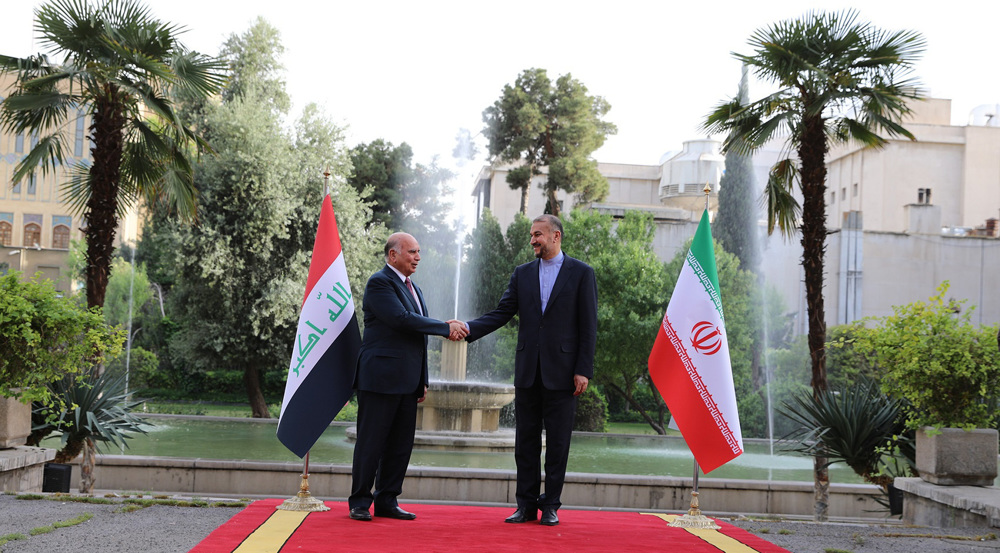
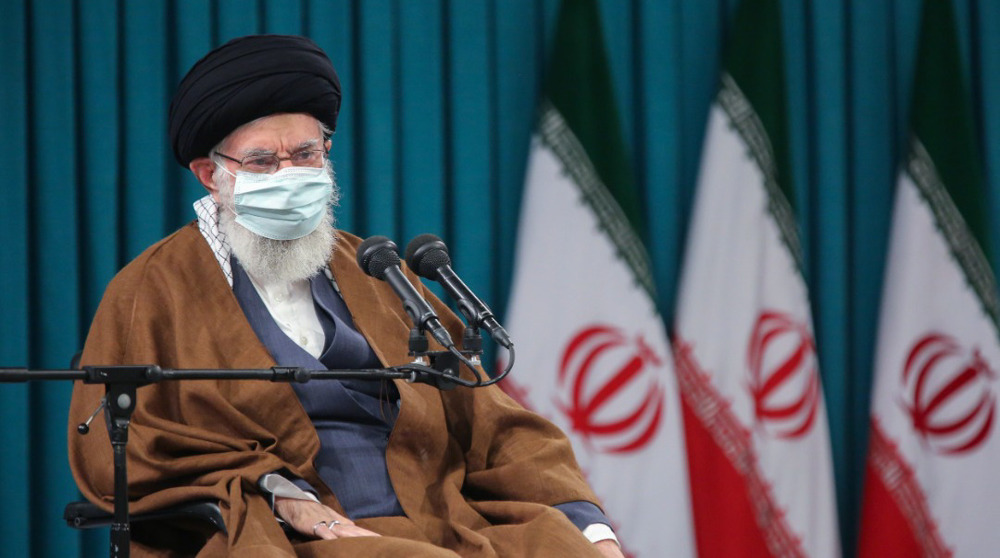
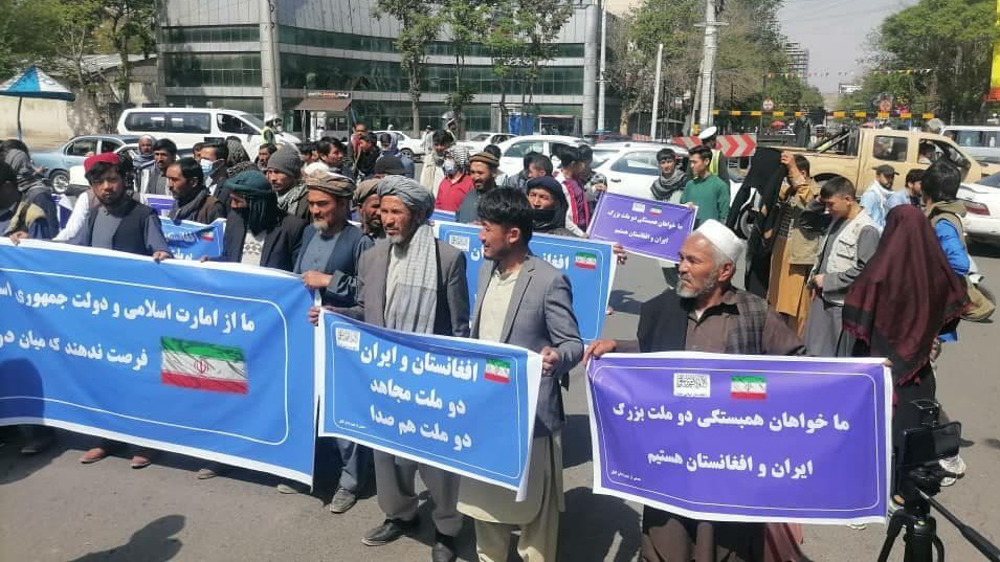
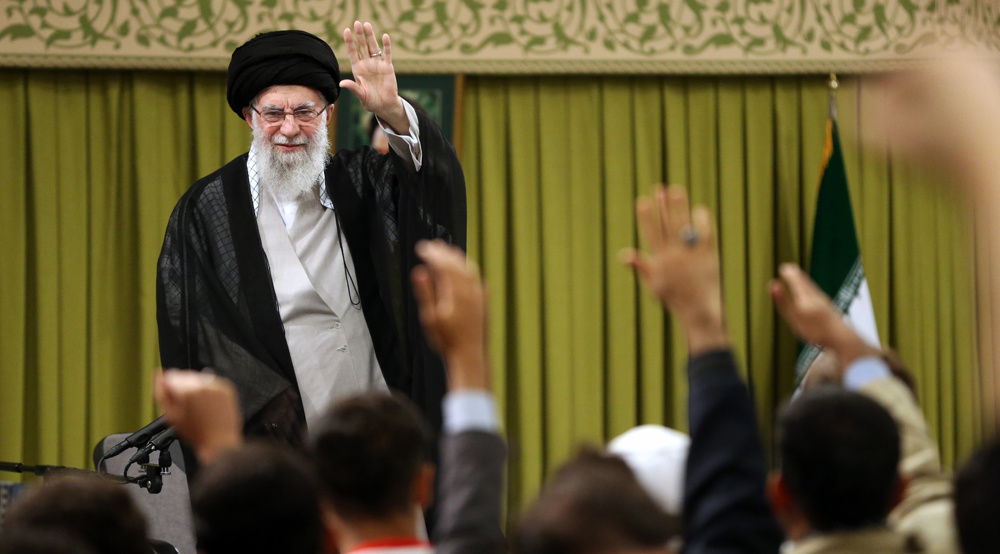
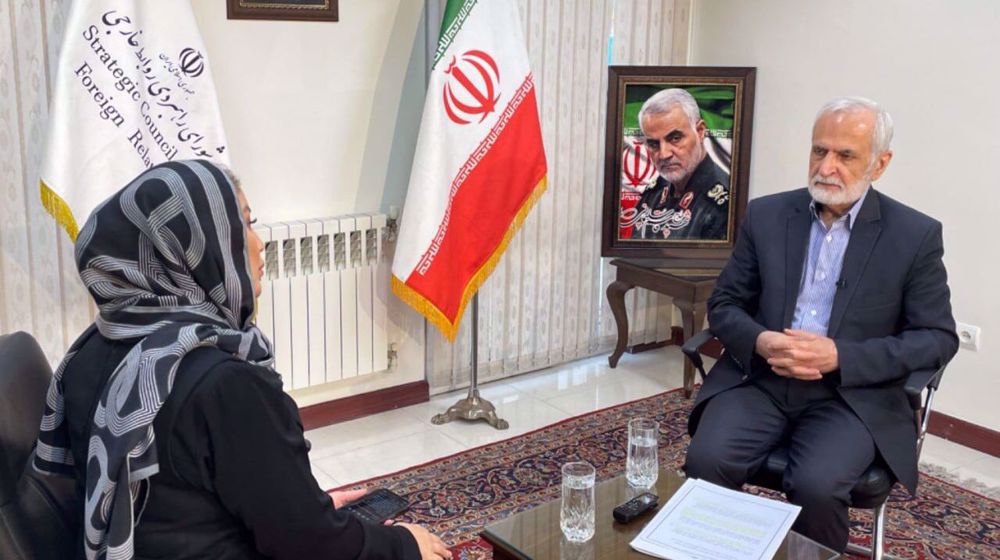
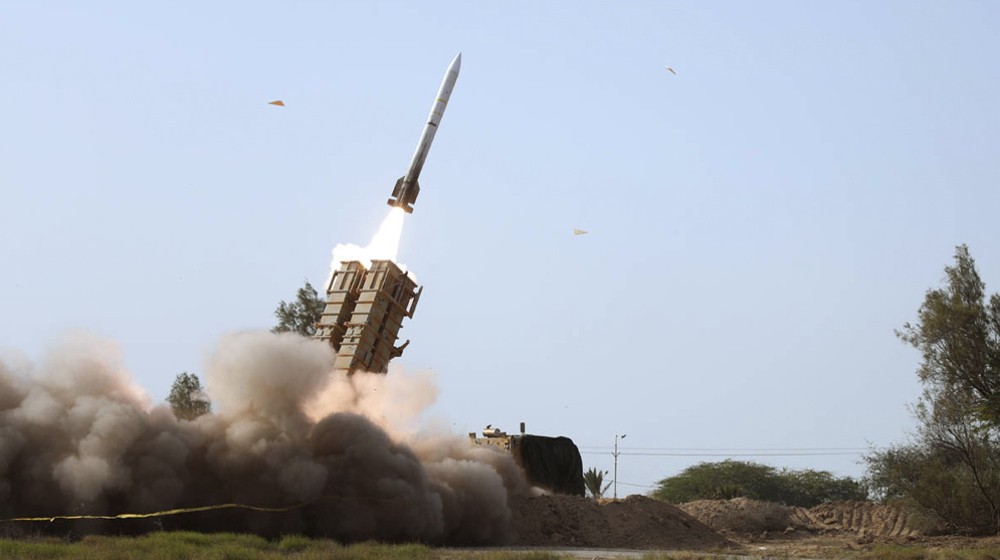



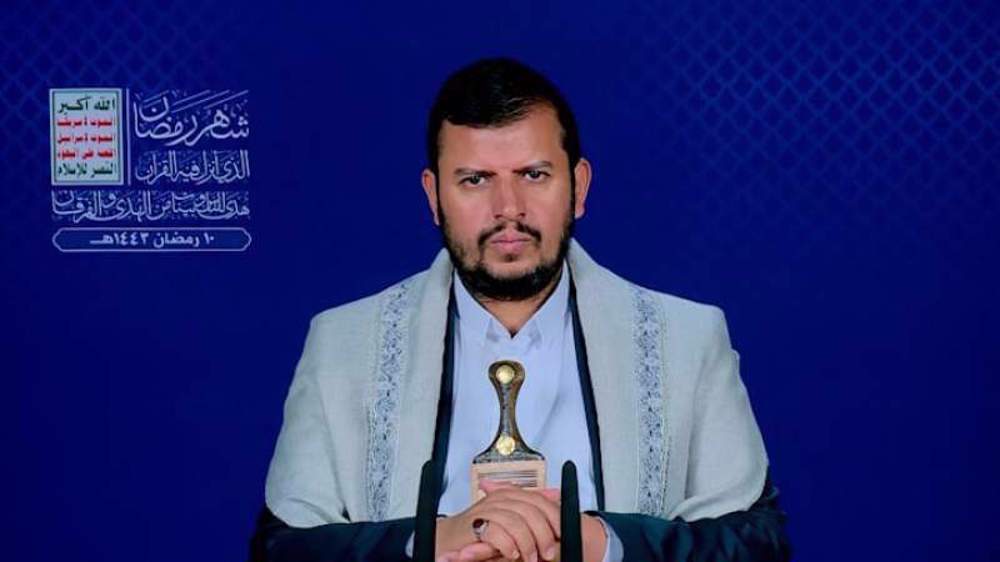
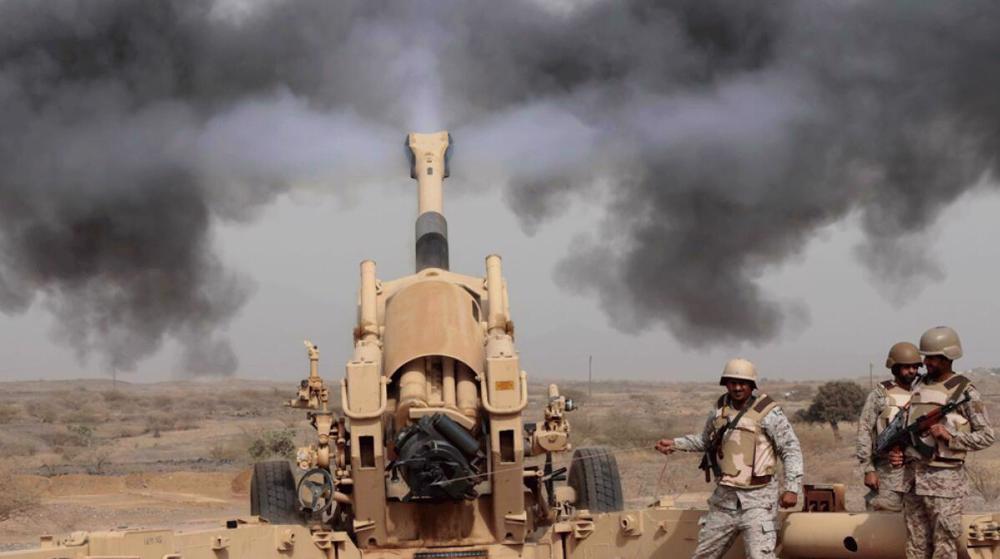
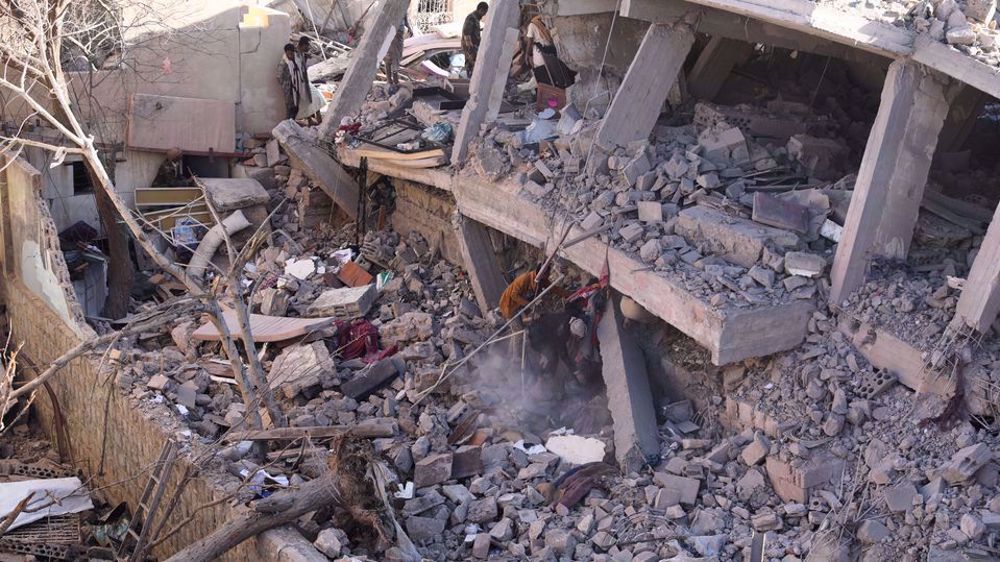
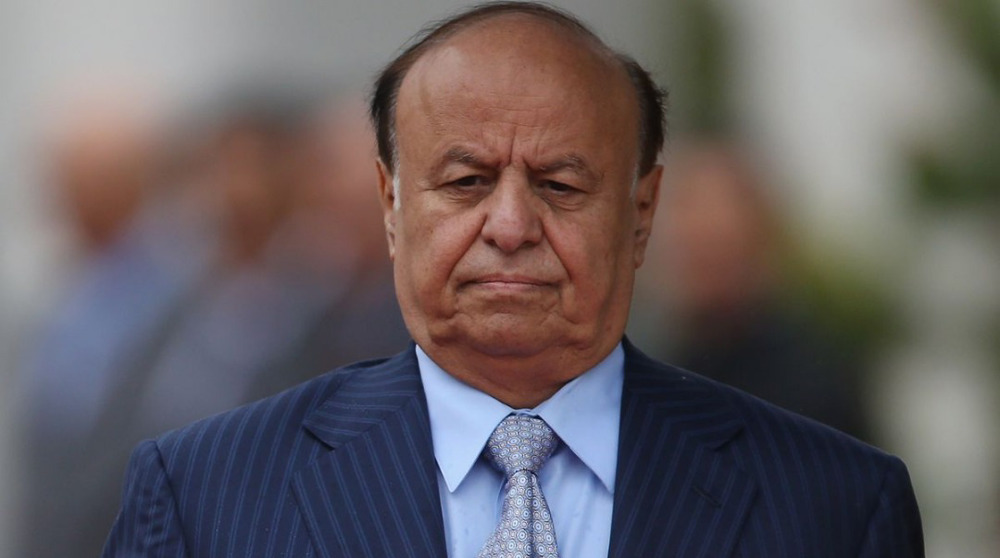
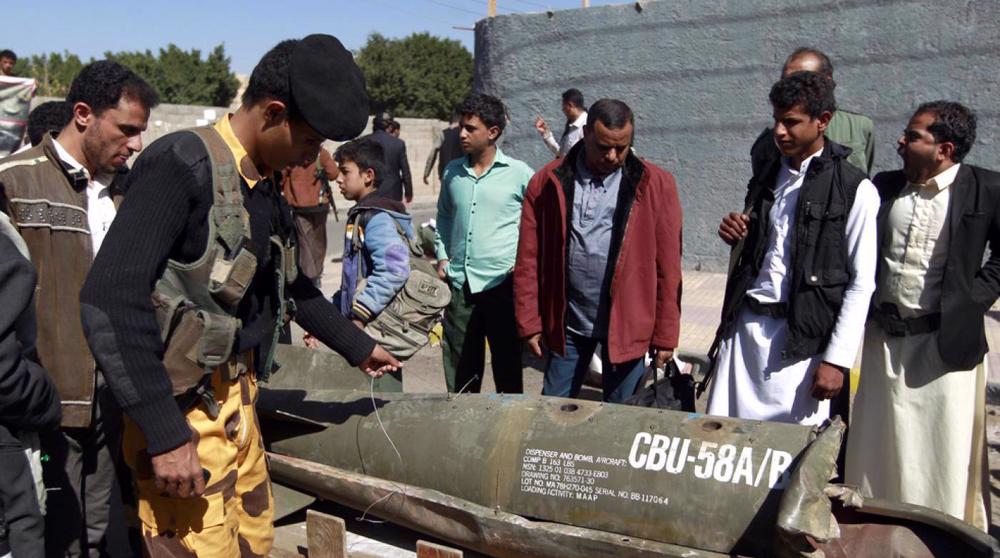
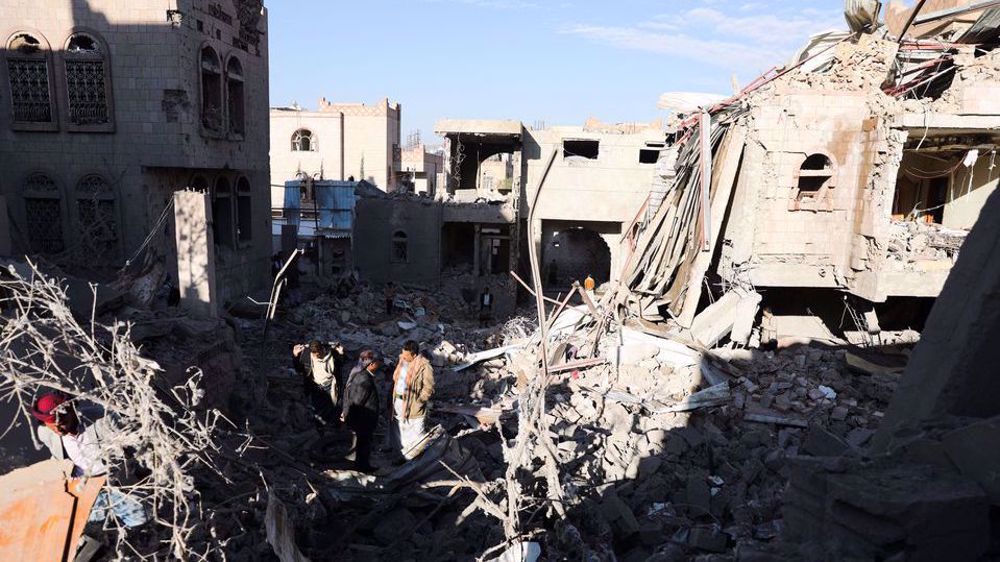

 This makes it easy to access the Press TV website
This makes it easy to access the Press TV website